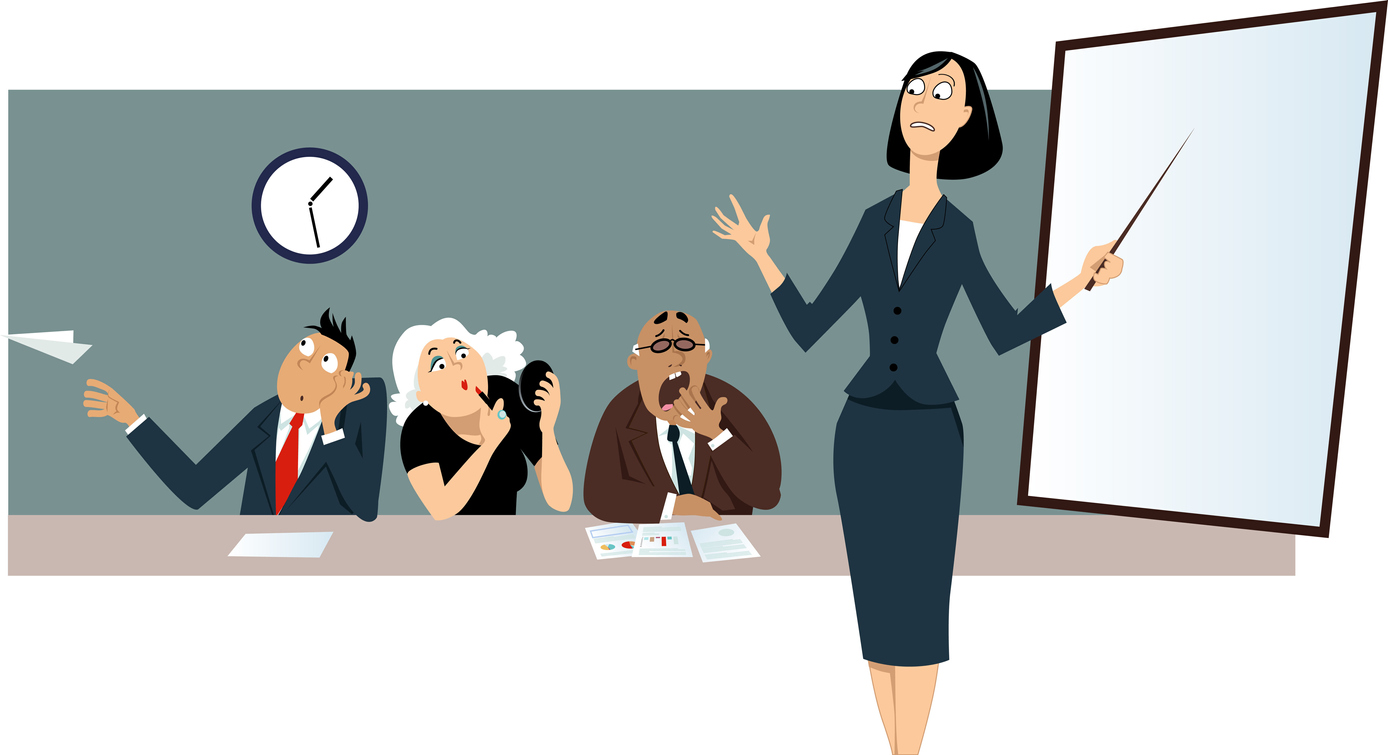
Before my time here at Thrive I never really knew how distracted I was. I never knew the number of times that I got off task and would do something less productive. At my last job, it was a common occurrence for the other workers to start a project for someone or to be given a list of things that needed to be done and not do them. It was baffling to me when business coach Clay told me that the average American takes twenty-three minutes to recover from being distracted. Looking back on my time before Thrive and at other jobs, I can see that now. The fact that the managers at my old job would give us a list of things to do during the day, and the fact that it would be a struggle for the morning, afternoon and closing staff to complete them makes sense. The number of distractions that pop up in your life will be roughly the same, some days more and some days less. However, in order to be productive, it is up to the person to get back on task when those ugly distractions come up.
Knowing when I get distracted and realizing the fact I did get off task is my key to making sure I can get back on task faster.
If we are going on the statistic that the average American takes twenty-three minutes to recover from a distraction and the average American is distracted by their smartphones at least eleven times per day, which means that in an eight-hour workday they are distracted for four of those hours. When people get distracted by another colleague they like to chit chat, they like to tell stories that do not benefit anyone and in general no work actually gets done. Being able to recover from distractions faster than the average of twenty-three minutes is a business coach skill that I have been able to develop since working here. As an SEO manager it is my role to make sure that the team stays on task, writes the articles in a quality manner and of course makes sure I can answer all their questions. On average I would say that someone needs help, has an issue with a question or in general needs me to come to talk to them two times every hour. If I was part of that statistic that took twenty-three minutes to get back on task, I would never make any money.
Do not get me wrong, I am not a robot that does not get distracted and does not take any time to recover. I get distracted but I take less time to get back on my task due to what I have learned from business coaches Clay and Jonathan Kelly. Knowing when I get distracted and realizing the fact I did get off task is my key to making sure I can get back on task faster. Knowing what I need to do throughout the day and having a time-sensitive goal I need to hit also drives me to recover faster than normal. Most of the people who do take that twenty-three minutes to get back to what they were doing did not have a time-sensitive task they were doing. Acting with urgency and knowing that you only have 24 hours per day is what drives me to not let myself stay distracted.

